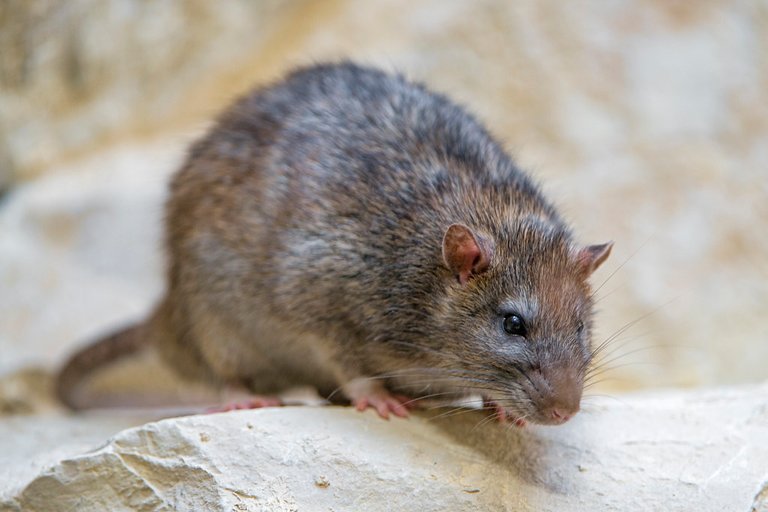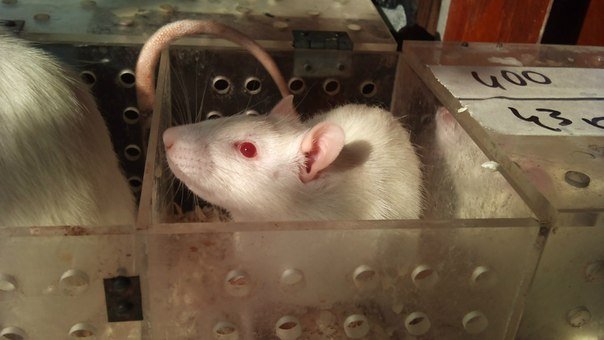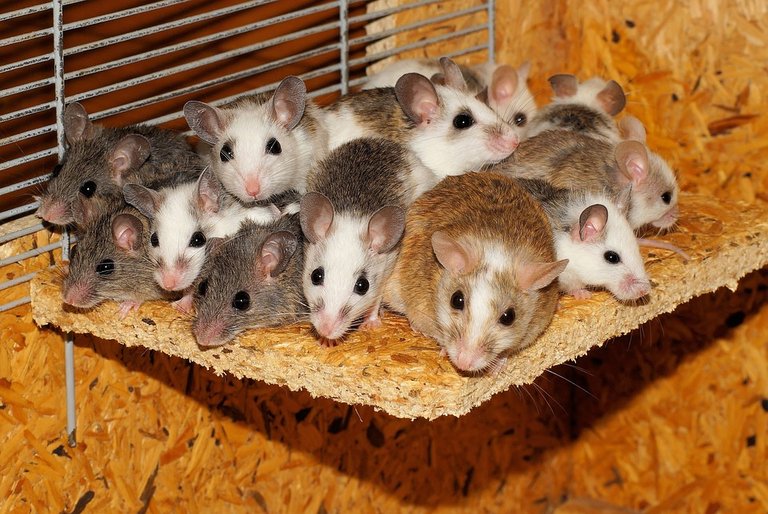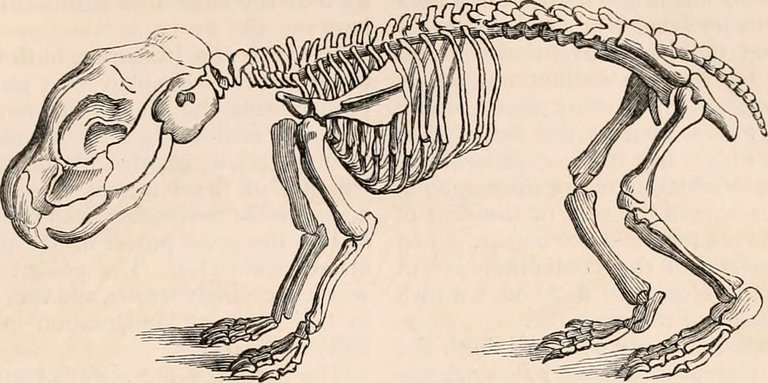The evolution of humans beings brought about various ways in which problems could be solved, most especially, those which had to do with the human health. Scientific experiments had long begun and this led us to discovering answers to questions which before now had baffled us for decades and centuries.
For the success of a lot of these biological experiments, living creatures were very much needed, but since experiments didn't always end with the expected or desired result, a creature which could perform the role of the subject in these biological experiments had to be chosen. Convincing humans to put or risk their lives for science, proved to be a somewhat daunting and difficult exercise, but which other creature could possibly take this slot?
Yes, you guessed it right… RATS!! *

Rats. Common scavengers, mostly regarded as dirty and germ infested. However, it may seem that these rodents have done so much for us than eat our already prepared homework scripts during the weekend. Have you ever thought about the reasons why rats were picked as the most preferred creatures for experimental testing? let's find out, shall we?

Logistical Reasons

First and foremost, rats are very little creatures, (maybe not too little) and are quite easy to handle, move across different locations and carry out experiments on, quite different from larger or less predictable animals. Just envisage pricking an elephant or a giraffe with a needle; it probably wouldn’t be as easy as it is with a tiny rat; because the whole laboratory could be down in minutes.
Additionally, rats are harmless when compared to other animals. In the course of carrying out experiments, animals are usually forced to undergo some variety of conditions, much of which could be very much provocative and annoying, thus if you successfully irritate a rat, the best it could possibly do is to nip at your fingers. On the other hand, how about you try touching a Lion or a crocodile with a sharp object to see what happens? you most likely might not live to finish the research.

Terrific Breeders
Having discussed on the factor which relates to the logistical facet of experimentation, let’s now take a look through at the biological benefits attached to picking rats to use as experimental subjects
We might already know that rats are formidable breeders; as they comparatively breed quite fast. What this means is that by just investing a little amount, you'd end up with as many rats as possible for experimentation. Rats also have a very short lifespan as such they would die after a short time, thereby giving way for the new generation to birth forth. This would ultimately facilitate the study of various generations of rats within a short span of years.

Similarities With Humans
You probably didn't know that rats are remarkably similar to humans. Well, consider yourself notified today, because according to The Koshland Science Museum:
Rats share a staggering 90% of genes with humans.
This is the reason why they are the most preferred to represent humans in experiments to retest the nature of interactions of different genes found in humans. One big reason they're preferred to chimpanzees (who share a whooping 98% DNA similarity with humans) is the simple fact that they are smaller and larger in numbers when compared to the quite endangered Chimpanzee species.
Additionally, a lot of the bodily systems of rats perform in very similar way as human beings, this makes it even more convenient to carry out studies on the effect of a wide range of drugs and medications on the human body.
If we consider it, another great thing about rats is the fact that they can be changed genetically. What this means is the specific genes could be turned on or turned off, in order to observe how these changes affect the rats. Rats with these altered genes are referred to as Knockout rats, and have proven to be of tremendous help in determining just how certain genes could bring about some certain diseases. The transgenic rats, are a certain breed of rats of which foreign DNA has been inculcated into them. These breed of rats are of great help in mapping out models of certain diseases which affects humans.
Hence, looking at how relevant rats have been and the contributions it has made to the welfare of human beings, we ought take out a moment to thank these little creatures who, even without realizing it, are indirectly very much important to every single human being existing.
Thank you for reading.
References:
Live science: why med scientists use mice for experiments
HSW: How studies on rats apply to humans.
Wiki, Animal testing on rodents.



Your post is very interesting.. congratulations!!
Please Stop
In your your last 100 comments you used 62 phrases considered to be spam. You've received 0 flags and you may see more on comments like these. These comments are the reason why your Steem Sincerity API classification scores are Spam: 56.20% and Bot: 2.60%
Please stop making comments like this and read the ways to avoid @pleasestop and earn the support of the community.
Thanks for resteeming buddy, but stop spamming and i'll be a friend.
Sorry... but it is not spamming!! thanks
Very informative.... The only reason I knew of before now was their genetic similarity to humans.
Glad to see you know much more now. Thanks for reading, Doris.
Very interresting 👍
You can also think about that scientists work on pigs because their skin is very close to our and chimpanzee for the genetic (we share 99% of commun genes). But yes mouses are more convenient for every tests.
Erm... I had thought i read it as 98% though. Yup, pretty sure it was 98%. But like you said, and as is explained in this post, Mouses are more convenient, especially if you're working in a small and confined area.
mea culpa thanks for the correction
Quite a staggering percentage (%) I must say; little wonder they always want to share an apartment with humans.. They really have been indirectly relevant!!
Very Informative; Great write @pangoli
Thanks gidi. Common things meaning much more to civilization.
I found your post breath-catching!
Join the steemit f1 team!
Steem your way to greatness power and glory!
Where's the link buddy?
Part of my final year project as an undergraduate required I worked with rats and quite frankly they are amazing test subjects. I know the obvious reasons why we use them for such experiments, but somehow, I still wonder "Why them?"
That's my answer!
Yeah, cost effective and the rest. I wouldn't spend money on a full Chimp if I were a scientist. Lol. Just get a dozen of these guys and I'm good to go.
Thanks for reading, buddy.
Yeah.. Rats are similar to humans. That was the answer i got from my big sis who studied biochemistry. But this explanation is much better.